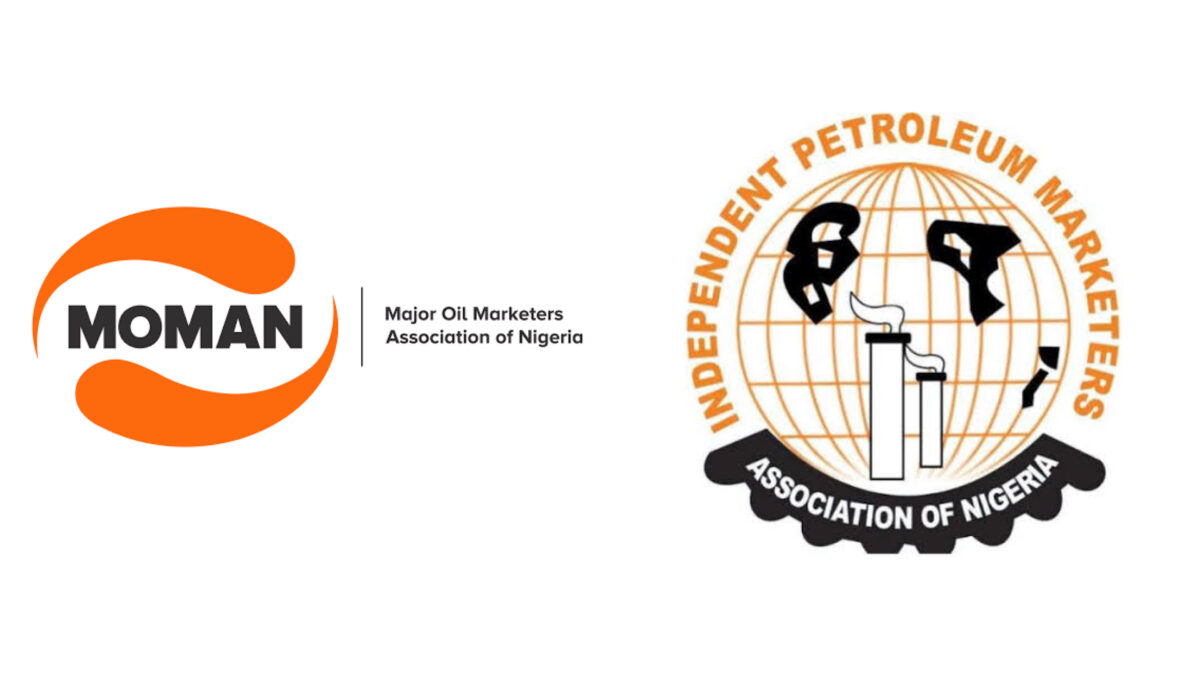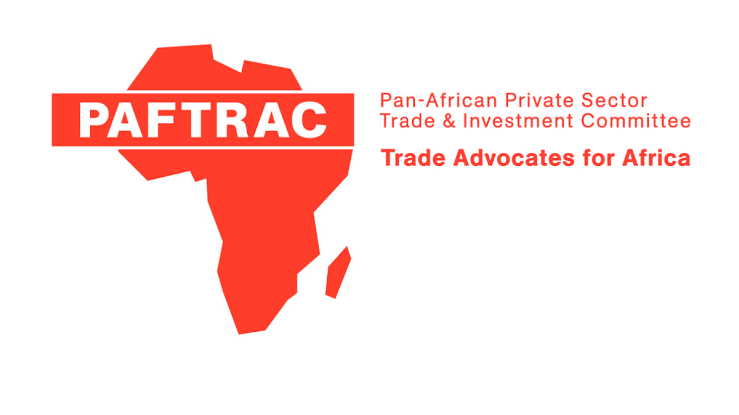The recent removal of petrol subsidies and the subsequent deregulation of the downstream petroleum sector is set to ignite a wave of mergers and acquisitions as businesses seek to thrive in the new era of increased competition. Industry experts and market operators expressed their views during the renowned BusinessDay Policy Intervention Series titled ‘The National Dialogue on Transiting to a Deregulated, Sustainable Petroleum Products Market.’
The removal of petrol subsidies has opened doors to intensified market competition, prompting petrol marketers to explore strategic options to protect or expand their market share. The event highlighted the likelihood of mergers and acquisitions among companies, leading to strengthened market positions, improved efficiency, and competitive advantage within the deregulated market.
Ogbugbo Ukoha, the Executive Director of Distribution Systems, Storage, and Retailing Infrastructure at the Nigerian Midstream and Downstream Petroleum Regulatory Authority, emphasized the potential for mergers and acquisitions and the optimization of retail outlets. He revealed that deregulation would unlock investment opportunities in pipeline infrastructure, coastal vessels for marine transportation, and reception facilities.
Additionally, the deregulation will provide clarity on consumption figures, attract multiple players to the sector, and foster competition among various fuels, including Liquefied Petroleum Gas (LPG), Premium Motor Spirit (PMS), and Compressed Natural Gas (CNG).
Olumide Adeosun, Chairman of the Major Oil Marketers Association of Nigeria (MOMAN), emphasized the need for investments to expand the fuels market. Adeosun predicted market consolidation to optimize entry barriers, citing the current excessive number of retail outlets and the importance of adopting technologies to enhance distribution efficiency and customer experience.
Furthermore, industry experts stressed the importance of fair tax policies, the dismantling of restrictive agreements, and the establishment of a harmonious regulatory framework. They called for collaboration between the Nigerian Midstream and Downstream Petroleum Regulatory Authority and the Federal Competition and Consumer Protection Commission Lagos to provide clear guidance and promote fair competition.
Yemi Kale, Partner, and Chief Economist at KPMG Nigeria, highlighted the significance of attracting investments in alternative fuels such as CNG and LPG. He emphasized the need for an attractive investment climate by improving the ease of doing business, ensuring favorable returns on investment, and addressing factors such as production and cost.
Amidst discussions on subsidy removal, Taiwo Oyedele, Fiscal Policy Partner and Africa Tax Leader at PwC Nigeria raised concerns about the impact on low-income earners and small business owners. Oyedele recommended the registration of businesses in the informal sector, offering them tax-free credits for a minimum of two years. This initiative would not only mitigate the impact of subsidy removal but also create a valuable database for future economic decision-making. Oyedele further suggested that the savings from subsidy removal be utilized to address salary, pension, and contractor arrears, stimulating economic growth and avoiding the creation of an unsustainable form of subsidy or funding corruption.
In a related development, oil marketers have expressed opposition to the 7.5 percent value-added tax (VAT) on diesel imports, warning that it will result in an increase in the product’s pump price. Adeosun of MOMAN criticized the imposition of the tax, stating that it contradicts the palliative measures implemented by the government after the subsidy removal. He emphasized the need for sustainable actions and suggested passing on the charge to consumers.
The Federal Government has recently announced the commencement of the 7.5 percent VAT on diesel imports, leading to concerns among oil marketers about the impact on pricing.










